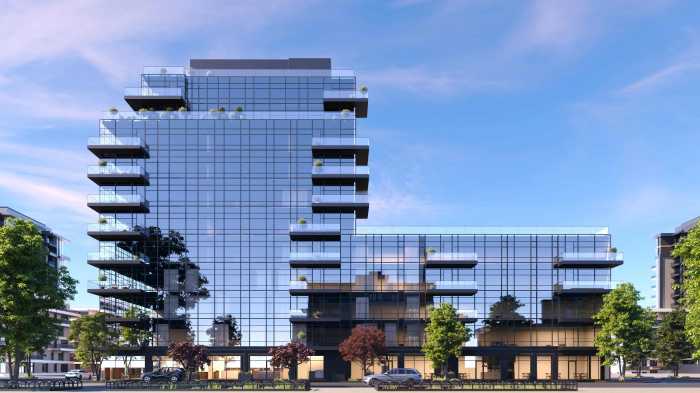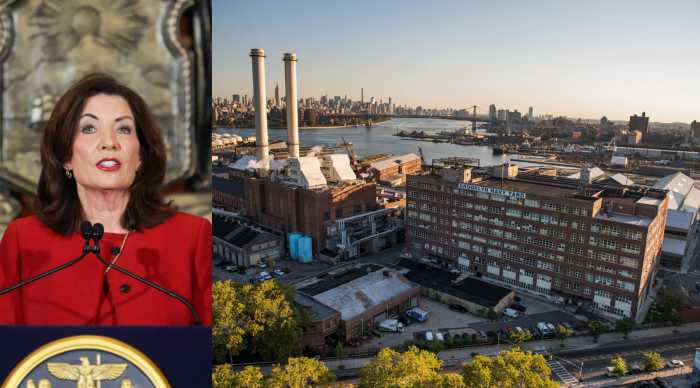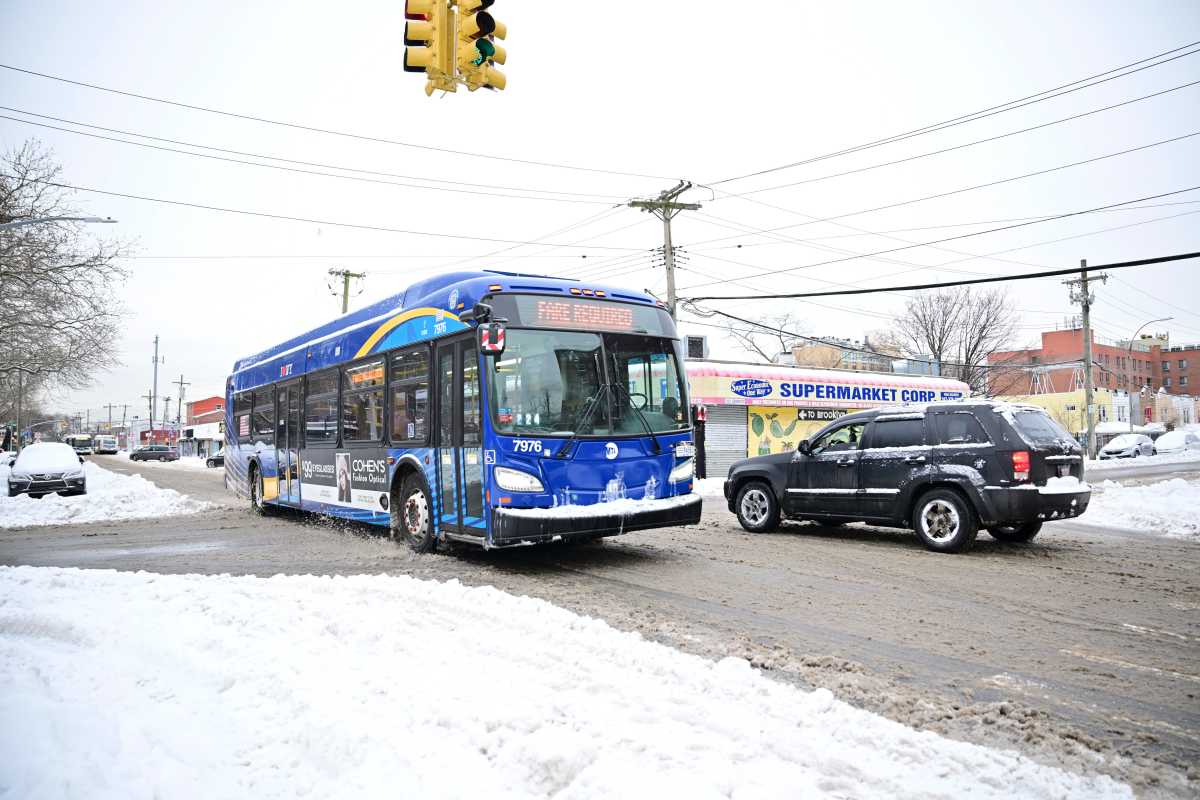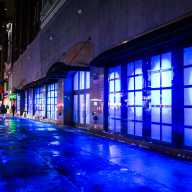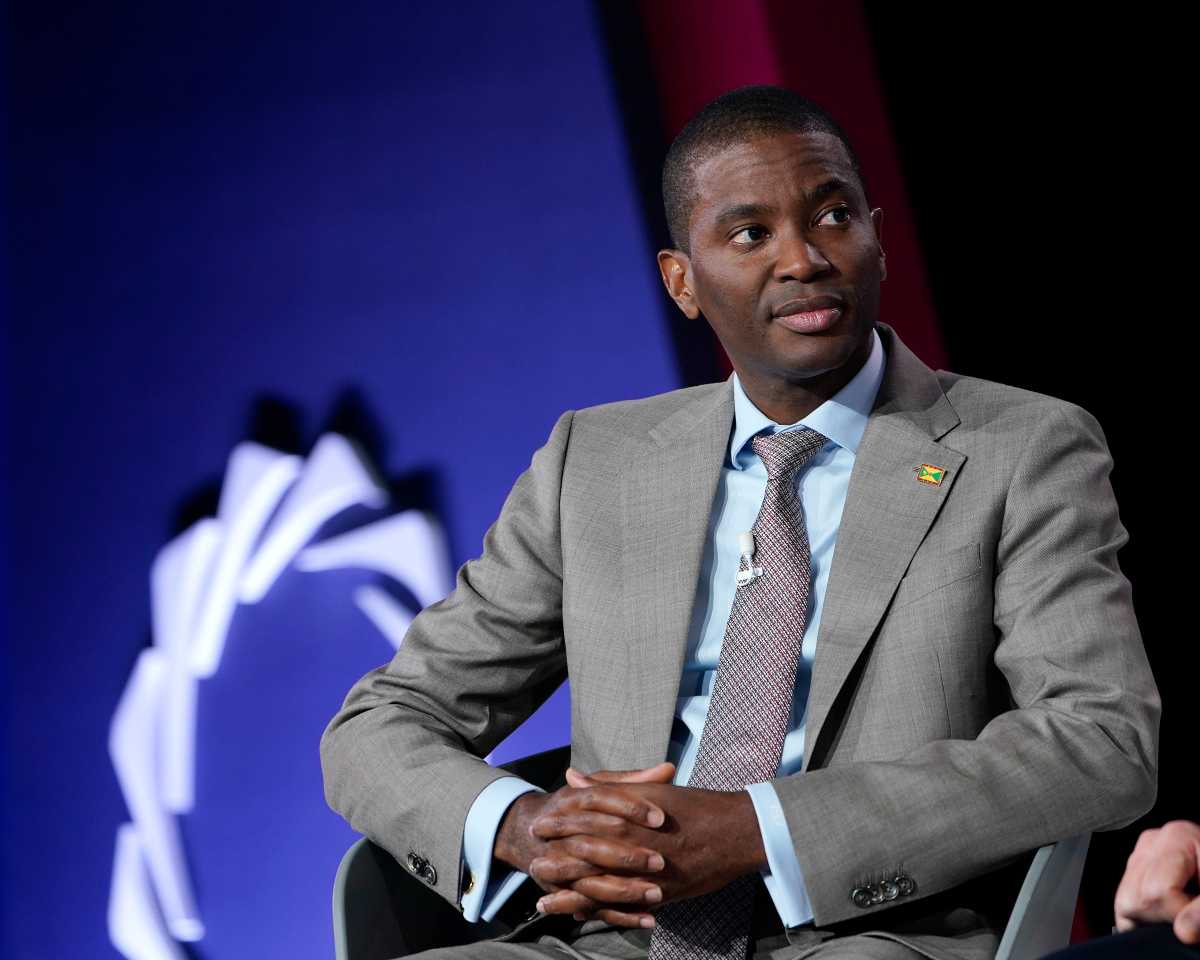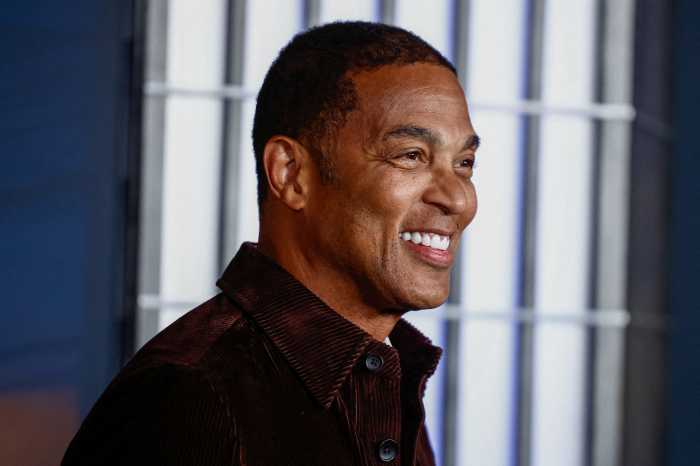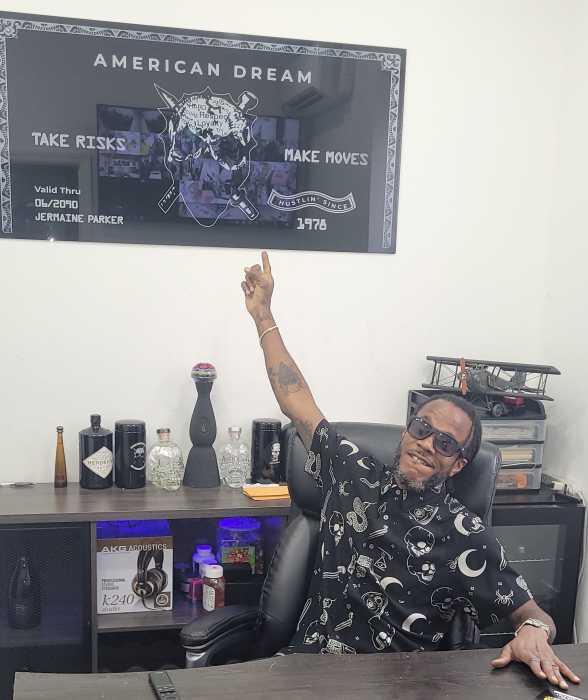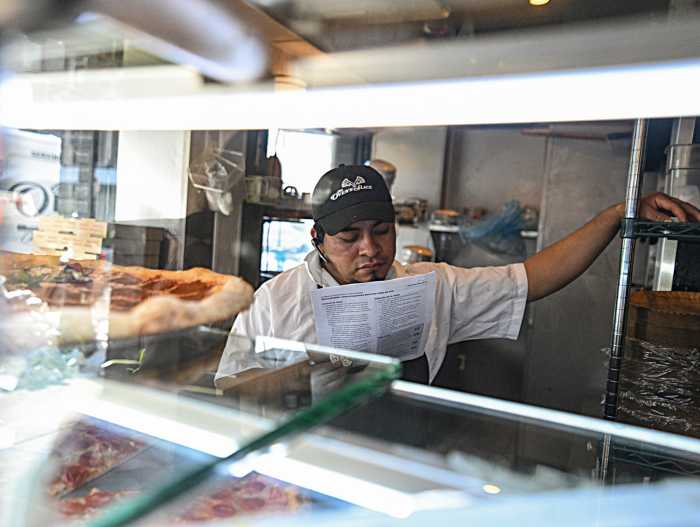A British bank that is under fire from black leaders for profiting from the slave trade centuries ago fought back last week, claiming the allegation “is simply not true” — but a prominent historian, and yet another high-powered black elected official, came forward this week to dispute the bank’s rosy view of its own history.
In letters sent last week to several journalists — including those at The Brooklyn Paper — Barclays spokesman Peter Truell asked that the newspapers “immediately retract” stories that relied on what Truell called “simply untrue” and “misleading” evidence of the bank’s slavery links. (The letter, pictured at left, can be read on page 5.)
The Brooklyn Paper responded to Truell’s letter with a news story and a signed editorial on the newspaper’s Web site on Friday afternoon (an updated version of that “Editor’s note” is on page 5).
The Paper’s coverage of Barclays’ $400-million naming-rights deal with Atlantic Yards developer Bruce Ratner (“Blood Money,” Jan. 20) said that the British financial behemoth was “inexorably linked” to slavery.
That article was followed by stories in the New York Daily News; the New York Times; the New York Sun; the Independent, a British newspaper; TMZ, the celebrity online magazine; and the Atlantic Yards Report, a Web site.
The Daily News responded to the letter with an editorial calling discussion of Barclays’ slavery link “grossly unfair, if not flat out wrong” — even though its own reporter, Michael O’Keeffe, linked the bank to slavery in his articles in the newspaper’s sports section.
Truell’s letter contends that the basis for the claim that Barclays was founded on slave-trade profits — first published in Eric Williams’s seminal 1944 book, “Capitalism and Slavery” — is “unsupported and mistaken.”
“Our research shows that Alexander Barclay was never a partner, employee or agent of the bank and the ‘David Barclay’ referred to in this book also had no connection with our bank,” read Truell’s letter.
But historians disagree.
“I’m very sure that the David Barclay in [‘Capitalism and Slavery’] is also the David Barclay that was a principal founder of the bank,” said Christopher Leslie Brown, a historian of the British empire at Rutgers University.
Brown also challenged Truell’s contention that “it is simply not true [that] Barclays was founded on the proceeds of [the] slave trade.”
“David Barclay did business with slave holders on a regular basis and profited handsomely from that trade,” Brown said.
“Much of his wealth derived in trade of metals and textiles with slaveholding colonies from North America and probably also from the Caribbean,” Brown said. “Was he a major slave trader? Probably not. Did he profit from the slave economy? He indisputably did.”
When The Brooklyn Paper asked Truell to comment on Brown’s assertions, the spokesman actually quoted from Brown’s newest book, “Moral Capital: the Foundations of British Abolitionism.”
Truell sent an excerpt in which Brown discusses how David Barclay became a prominent abolitionist after amassing his wealth by trading with slaveholders:
“The wealthy Quaker merchant David Barclay led a delegation of Friends [Quakers] to the Board of Trade in the spring of 1773 in a behind-closed-doors attempt to win a favorable reception for colonial anti-slavery petitions.”
While the bank went to great lengths to show that David Barclay was indeed an abolitionist — there seems to be no historical doubt about that — Truell offered no evidence to contradict Brown’s and Williams’s findings that Barclay’s initial wealth derived from doing business with slave traders.
Although Barclays is one of the world’s largest financial institutions, it has a limited presence in the United States and is using the naming-rights deal at a prominent new basketball arena to introduce itself to American customers.
When that introduction got muddied by coverage of the bank’s distant past, the bank fought back to, as Truell put it, “defend our reputation vigorously against allegations that are simply untrue or that are misleading.”
But local scribes were not surprised by Barclays’ approach.
“It’s clear what they’re doing,” said one journalist (not at The Brooklyn Paper) who is familiar with the coverage of Barclays’ slavery link and has seen the bank’s subsequent letter.
“They’re trying to make a big splash in America, so they want to nip this kind of coverage in the bud. Basically, they’re trying to scare reporters off the story.”
Meanwhile, black leaders — including Rep. Yvette Clarke (D-Flatbush), the Rev. Clinton Miller of the Brown Memorial Baptist Church, the Rev. Herbert Daughtry of the House of the Lord Pentecostal Church, and Councilman Charles Barron (D-East New York) — continue to call for the termination of the naming-rights agreement — and not just because of the bank’s links to slavery.
“Barclays is a 400-year-old, $2-trillion, multinational financial empire that has been linked to Nazi Germany, apartheid in South Africa and the transatlantic slave trade,” said Clarke, an outspoken supporter of the Atlantic Yards project.
Clarke is just the latest black leader — many of them Ratner supporters, as well — to condemn the naming-rights deal.
Rev. Daughtry, for example, said he found the naming-rights agreement “troubling.”
But Barclays remained adamant: “The letter stands,” said Truell.


